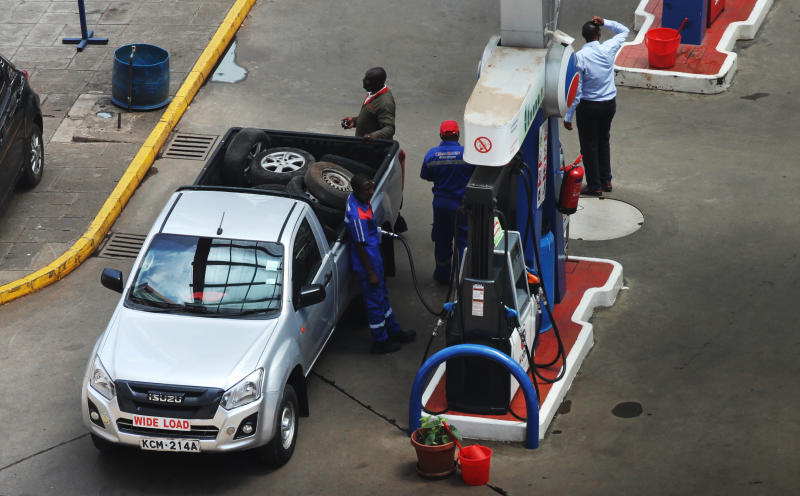×
The Standard e-Paper
Join Thousands Daily

When I bought my first car, which was an awfully foolish thing to do because I couldn’t afford one, I did what every smart man does. I stuffed an empty plastic can in the boot for in case I ran out of fuel.
And did I run out of fuel or what! I would be on some road, praying that the fuel would get me to the station one kilometre ahead, and then I would feel the car lose speed, make the trademark last kicks of a dying horse and squeal to a halt.